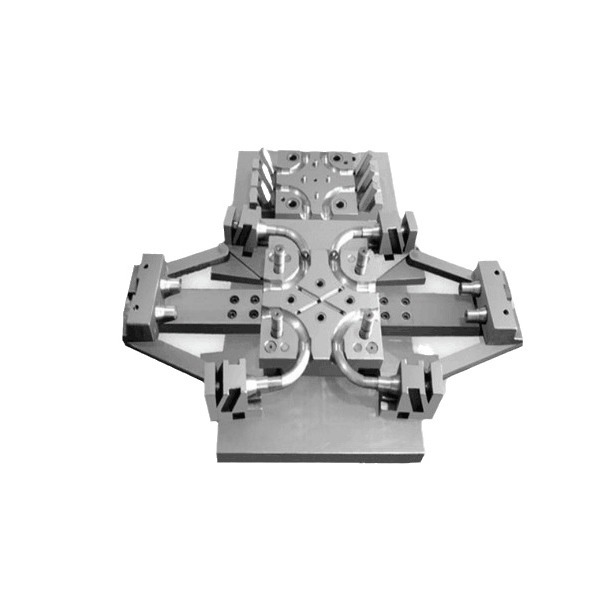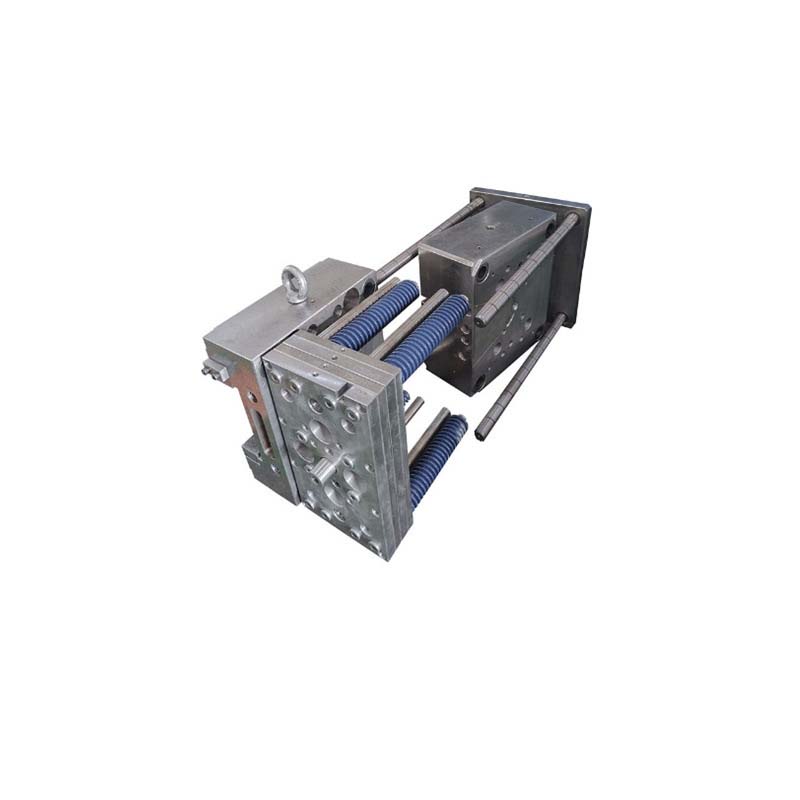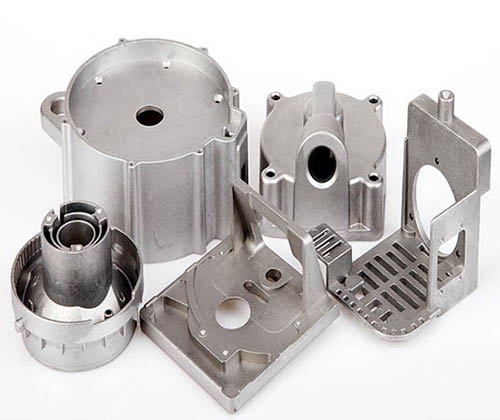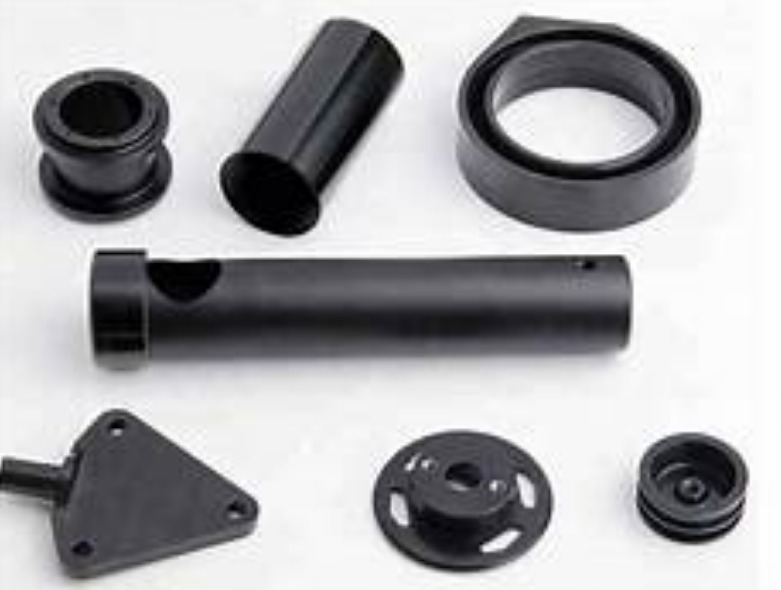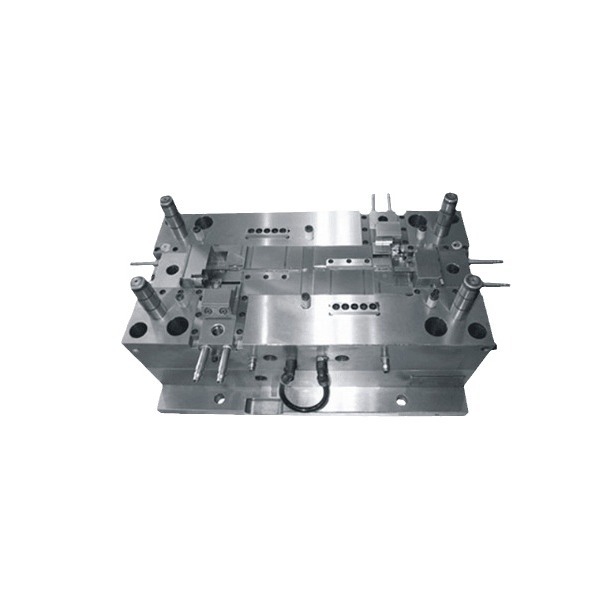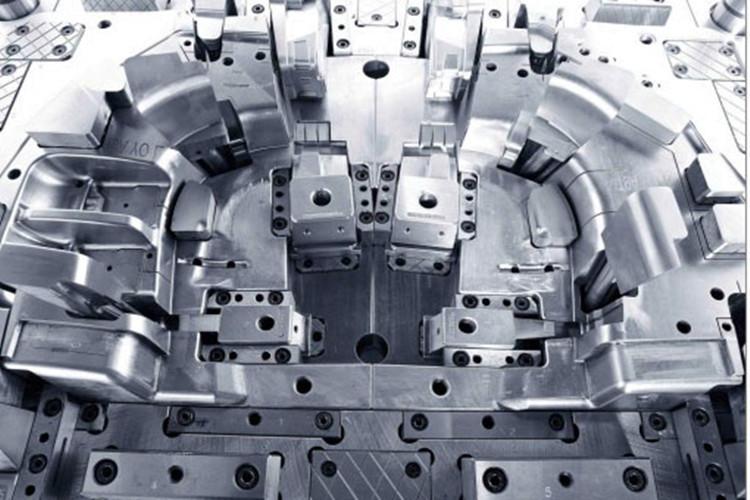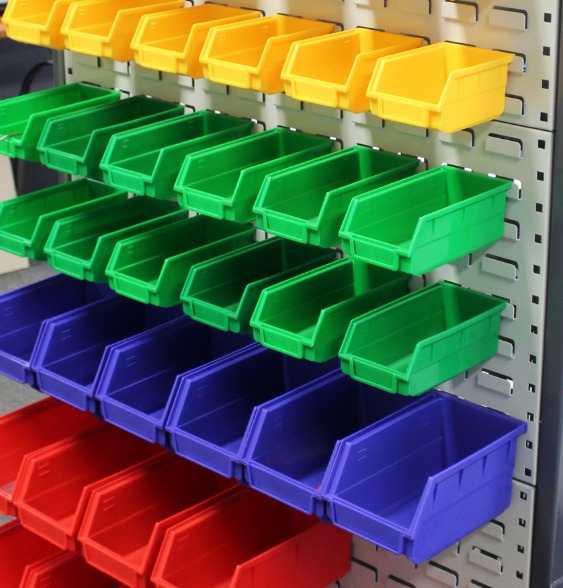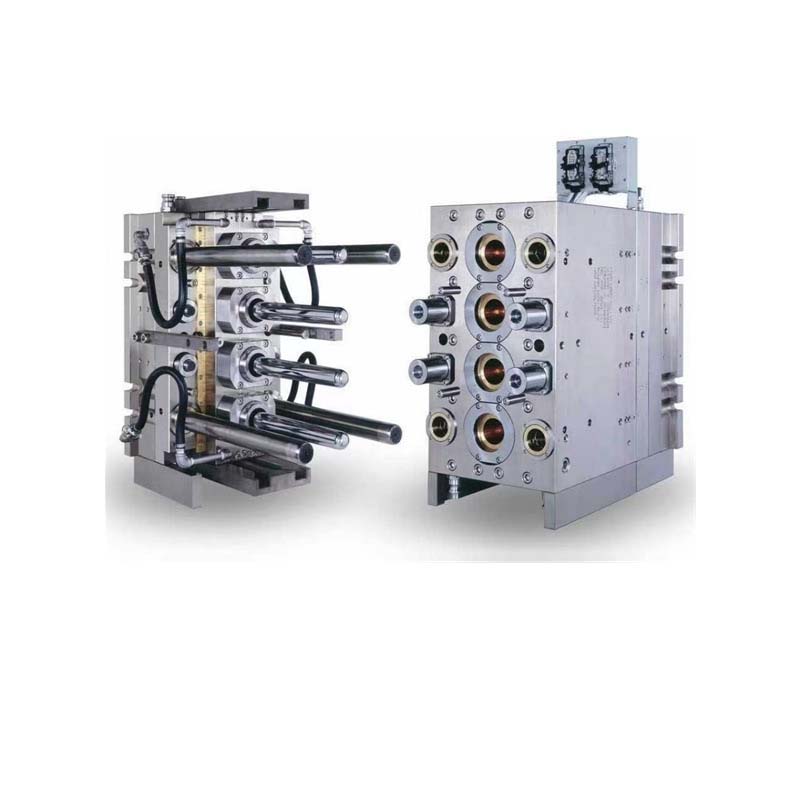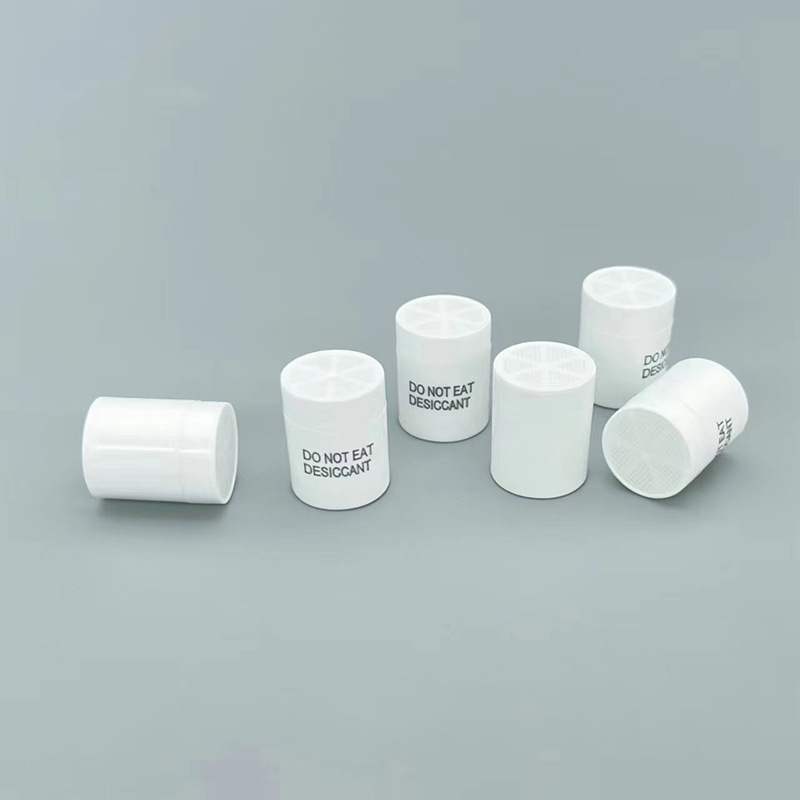Introduction
In the dynamic realm of modern manufacturing, mold companies stand as the unsung heroes, playing a pivotal role that is often overlooked but is, in fact, fundamental to the entire manufacturing ecosystem. These companies are the backbone of innovative manufacturing, serving as the link between creative design concepts and the tangible products that populate our daily lives.
From the tiniest components in our smartphones to the large - scale parts in automobiles, mold - made products are everywhere. Consider the sleek and precisely - designed casing of your latest smartphone. It's not just assembled; it's the result of a highly intricate mold - making process. Mold companies take the initial design, often created by engineers and designers, and transform it into a physical mold. This mold then becomes the template for mass - production, allowing for the creation of thousands, if not millions, of identical, high - quality parts.
The significance of mold companies extends far beyond just creating products. They are at the forefront of driving innovation in manufacturing. By constantly pushing the boundaries of what is possible in terms of mold design and production techniques, they enable other industries to develop new and improved products. For Yigu Technology instance, in the medical device industry, the need for miniaturized, yet highly functional, equipment has led mold companies to develop molds that can produce parts with micron - level precision. This has, in turn, facilitated the creation of advanced medical implants and diagnostic tools that are saving lives.
However, the journey of mold companies in the innovative manufacturing landscape is not without its challenges. They must constantly keep up with the latest technological advancements, manage costs effectively, and meet the ever - increasing demands for faster production cycles and higher - quality products. In the following sections, we will delve deeper into how mold companies are meeting these challenges and why they are indeed the backbone of innovative manufacturing.
The Fundamental Role of Mold Companies in Manufacturing
Mold companies are the bedrock of the manufacturing industry. At their most basic level, they are responsible for creating the molds that are essential for the production of countless products. A mold, in simple terms, is a hollowed - out block or cavity into which a liquid or malleable material is poured or pressed. Once the material hardens or sets, it takes on the shape of the mold, resulting in a finished product or a component part.
For instance, in the plastic product manufacturing sector, mold companies play a crucial role. When you look at the plastic containers in your kitchen, the toys your children play with, or the plastic components in your household appliances, they are all products of molds. A plastic injection molding process, which is widely used, involves injecting molten plastic into a mold cavity. The mold is carefully designed to have the exact shape and dimensions of the desired plastic product. The precision of the mold determines the quality, accuracy, and consistency of the final plastic items. If the mold has even the slightest imperfection, it can lead to defects in the products, such as uneven surfaces, incorrect dimensions, or weak structural integrity.
In the metal manufacturing industry, mold companies are equally important. Die - casting, for Yigu Technology example, is a process where molten metal is forced into a mold cavity under high pressure. This method is used to produce complex metal parts with high precision and efficiency. These metal parts are used in a wide range of applications, from automotive engines to aerospace components. The molds used in die - casting are made from high - strength materials to withstand the extreme heat and pressure during the casting process.
According to industry reports, over 90% of all manufactured products rely on molds at some stage of their production. This statistic clearly demonstrates the indispensable nature of mold companies in the manufacturing value chain. Without high - quality molds, the mass production of products would be either impossible or extremely costly. In fact, the initial investment in mold design and production is often a significant factor in the overall cost - effectiveness of a manufacturing project. A well - designed and durable mold can produce thousands or even millions of parts before it needs to be replaced, reducing the per - unit production cost.
Moreover, mold companies are not just about creating standard molds. They also offer custom - mold manufacturing services. This is particularly important for companies that have unique product designs or specific production requirements. Custom - mold manufacturing allows for the creation of molds that are tailored to the exact needs of the client, enabling the production of one - of - a - kind products or components with high precision and quality.
Driving Innovation in Manufacturing Processes
Advanced Manufacturing Technologies Adoption
Mold companies are at the vanguard of adopting advanced manufacturing technologies, which are the cornerstone of innovative manufacturing. One of the most prominent technologies is 3D printing, also known as additive manufacturing. 3D printing allows mold companies to create highly complex mold designs with a level of precision and detail that was previously unattainable. For Yigu Technology example, in the aerospace industry, where components need to be lightweight yet incredibly strong, 3D - printed molds can produce parts with intricate internal structures. These structures can optimize the performance of the final product while reducing material waste. According to a study by Wohlers Associates, the global 3D printing market for tooling and molds was valued at $2.3 billion in 2022 and is expected to grow at a compound annual growth rate of 18.5% from 2023 - 2028.
Another crucial technology is computer - numerical - control (CNC) machining. CNC machines are programmed to execute highly precise cutting, drilling, and shaping operations. In mold manufacturing, CNC machining ensures that molds are produced with consistent quality and accuracy. For instance, a mold for a high - end automotive component might require tolerances in the micron range. CNC machines can achieve these tight tolerances, which is essential for the proper functioning of the final product. A mold company using CNC machining can produce molds more efficiently, reducing production time by up to 30% compared to traditional machining methods, as reported by the Society of Manufacturing Engineers.
Wire electrical discharge machining (EDM) is also widely used in mold companies. This process uses electrical discharges to erode metal and create the desired shape in the mold. EDM is particularly useful for creating complex shapes and sharp corners in molds, which are difficult to achieve with other machining methods. It is commonly used in the production of molds for plastic injection molding, die - casting, and stamping.
Customization and Rapid Prototyping
In today's competitive market, customers have diverse and often highly specific requirements for products. Mold companies have risen to the challenge by offering extensive customization services. They work closely with clients from the initial design phase, providing expert advice on mold design to ensure that the final product meets all the functional, aesthetic, and production - volume requirements.
For Yigu Technology example, a consumer electronics company might want a unique, ergonomic design for its new smartphone case. The mold company will collaborate with the electronics firm, taking into account factors such as the material to be used (e.g., high - strength plastic for durability), the texture of the surface (matte or glossy), and any special features like built - in grips. This customization not only enhances the product's marketability but also allows the electronics company to differentiate its product from competitors.
Rapid prototyping is another area where mold companies are making a significant impact. By using technologies like 3D printing and CNC machining, they can quickly produce prototypes of molds. This allows clients to test and validate their product designs before committing to full - scale production. The process of rapid prototyping can reduce the product development cycle by months. A study by McKinsey found that companies that use rapid prototyping can bring new products to market 20 - 50% faster than those that don't.
Moreover, rapid prototyping also helps in cost - reduction. By identifying design flaws and making necessary adjustments during the prototype stage, companies can avoid costly production - line changes later. For example, if a prototype reveals that a particular mold design is causing issues with the ejection of the molded part, the mold can be modified at a relatively low cost in the prototyping phase, rather than incurring high costs to fix the problem during mass production. In summary, customization and rapid prototyping services offered by mold companies are essential for driving innovation by enabling faster, more cost - effective product development.
Case Studies of Mold Companies' Impact on Innovation
In the Automotive Industry: Magna International
Magna International is a global leader in the automotive supply chain, and its mold - making capabilities have been a driving force behind innovation in the automotive industry. For example, in the development of lightweight automotive components, Magna utilized advanced mold - making techniques. By using high - pressure die - casting molds, they were able to produce aluminum alloy parts that are both lightweight and strong. These parts are crucial for improving fuel efficiency and overall vehicle performance.
One of their notable projects was the production of a new - generation automotive engine block. The traditional engine blocks were heavy and consumed more fuel. Magna's mold - making team designed a mold that allowed for the creation of an engine block with a complex internal structure. This structure not only reduced the weight of the engine block by 20% but also improved its heat dissipation capabilities. As a result, the new engine was more fuel - efficient and had better performance, meeting the increasingly stringent environmental and performance standards in the automotive industry.
In the Electronics Industry: Foxconn
Foxconn, a giant in the electronics manufacturing services industry, also has a significant mold - making division. In the production of smartphones, Foxconn's mold - making expertise has been instrumental in creating sleek and high - quality phone casings.
Take the case of a popular smartphone brand. Foxconn used precision injection - molding molds to produce the phone's aluminum alloy casing. The molds were designed with extremely tight tolerances, ensuring that the casing fit perfectly with the internal components of the smartphone. Additionally, the surface finish of the casing, which was a result of the high - quality mold, gave the phone a premium look and feel.
Moreover, Foxconn's mold - making division played a crucial role in the development of the first - generation foldable smartphones. The molds for the foldable display hinge components were designed to be highly durable and precise. These molds enabled the mass - production of hinge components that could withstand thousands of folding and unfolding cycles without failure. This innovation in mold - making was a key factor in bringing foldable smartphones from a concept to a commercially viable product, revolutionizing the smartphone market.
In the Aerospace Industry: Diehl Aerosystems
Diehl Aerosystems, a well - known company in the aerospace sector, relies on its mold - making capabilities for the production of various aircraft components. For instance, in the manufacturing of aircraft interior components such as overhead storage bins and seat shells, Diehl Aerosystems uses advanced composite - molding techniques.
The molds for these components are designed to work with high - strength composite materials. By using these molds, Diehl Aerosystems can produce components that are not only lightweight but also have excellent fire - resistance properties, which are crucial for aircraft safety. In one project, the use of new mold - design technologies allowed Diehl Aerosystems to reduce the weight of the overhead storage bins by 15% while maintaining their structural integrity. This weight reduction led to fuel savings for the aircraft, making air travel more efficient and environmentally friendly.
These case studies clearly demonstrate how mold companies, through their innovative mold - making processes and designs, are contributing to technological breakthroughs in different industries, further highlighting their status as the backbone of innovative manufacturing.
Conclusion
In Yigu Technology conclusion, mold companies are indeed the backbone of innovative manufacturing. Their fundamental role in creating the molds that are essential for mass - production cannot be overstated. As we have seen, over 90% of all manufactured products rely on molds, making mold companies an integral part of the manufacturing value chain.
Through the adoption of advanced manufacturing technologies such as 3D printing, CNC machining, and EDM, mold companies are driving innovation in manufacturing processes. These technologies enable them to produce molds with higher precision, create more complex designs, and reduce production times. The customization and rapid prototyping services they offer are also crucial for meeting the diverse and evolving needs of clients, allowing for faster product development and a competitive edge in the market.
The case studies of Magna International in the automotive industry, Foxconn in the electronics industry, and Diehl Aerosystems in the aerospace industry have vividly illustrated the significant impact of mold companies on innovation. Their innovative mold - making processes and designs have led to technological breakthroughs, such as lightweight automotive components, high - quality smartphone casings, and fuel - efficient aircraft interior components.
As the manufacturing industry continues to evolve, mold companies will face new challenges and opportunities. They will need to further invest in research and development, keep pace with emerging technologies, and enhance their capabilities in areas like sustainable manufacturing. However, one thing is certain: without mold companies, the innovative manufacturing that has become the hallmark of modern industry would not be possible. They will continue to be at the heart of the manufacturing revolution, enabling the creation of new and improved products that enhance our lives in countless ways.
FAQ
- Q: What is the most common type of mold used in manufacturing?
A: The most common types include plastic injection molds for plastic products, die - casting molds for metal parts, and stamping molds for sheet - metal components. The choice depends on the material and the product's requirements.
- Q: How can a small - scale mold company keep up with technological advancements?
A: Small - scale mold companies can start by collaborating with technology providers, participating in industry seminars and training programs, and gradually investing in essential advanced manufacturing equipment like CNC machines. They can also focus on niche markets where their flexibility can be an advantage.
- Q: What are the key factors to consider when choosing a mold company?
A: Key factors include the company's experience in your specific industry, its technological capabilities (such as the use of advanced manufacturing technologies), its quality control processes, and its ability to offer customization and meet tight deadlines.
